View all filters
Clear
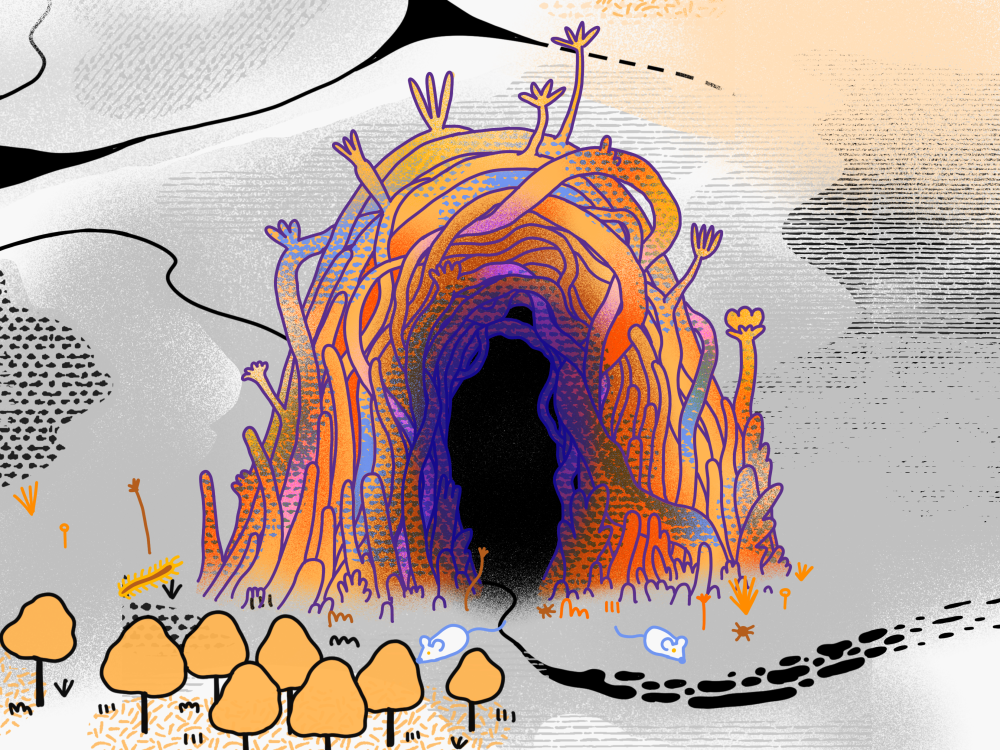
Where the Wild Things Grow
Celebrate our ecological and ritual connections with Mother Earth and the cosmos
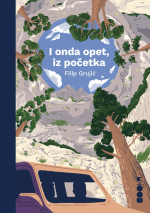
Sęp płowy
Translated from
Serbian
to
Polish
by Patrycja Chajęcka
Written in Serbian by Filip Grujić
7 minutes read
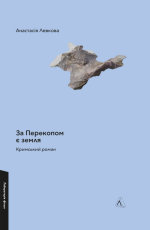
Er is nog land voorbij de Perekop
Translated from
Ukranian
to
Dutch
by Roman Nesterenco
Written in Ukranian by Anastasia Levkova
12 minutes read
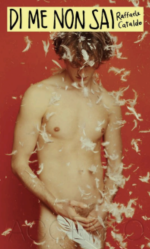
Nevíš o mně
Translated from
Italian
to
Czech
by Anna Kostková
Written in Italian by Raffaele Cataldo
3 minutes read
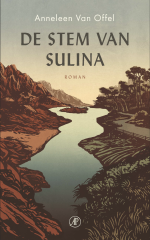
Vocea Sulinei
Translated from
Dutch
to
Romanian
by Andreea Bălteanu
Written in Dutch by Anneleen Van Offel
7 minutes read
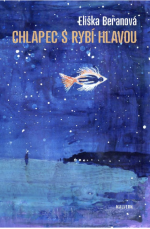
Băiatul cu cap de pește
Translated from
Czech
to
Romanian
by Andrei Săndulescu
Written in Czech by Eliška Beranová
9 minutes read

O meni ne veš
Translated from
Italian
to
Slovenian
by Zarja Lampret Prešeren
Written in Italian by Raffaele Cataldo
4 minutes read

Момчето с рибята глава
Translated from
Czech
to
Bulgarian
by Katerina Stoyanova
Written in Czech by Eliška Beranová
8 minutes read
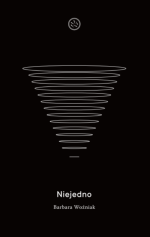
Podosta
Translated from
Polish
to
Serbian
by Milica Kozić
Written in Polish by Barbara Woźniak
10 minutes read
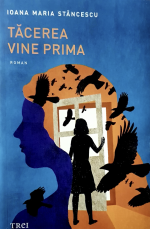
Il silenzio viene prima
Translated from
Romanian
to
Italian
by Barbara Pavetto
Written in Romanian by Ioana Maria Stăncescu
10 minutes read
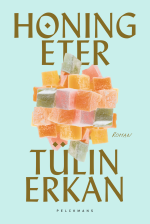
ARRIVALS / GELIȘ (Медолюб)
Translated from
Dutch
to
Ukranian
by Olga Bondarenko
Written in Dutch by Tülin Erkan
6 minutes read
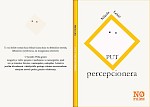
Lotosovi cvetovi, ki se zapirajo (ko se vanje stopi) (Pot perceptorja)
Translated from
Serbian
to
Slovenian
by Natalija Milovanović
Written in Serbian by Nikola Lekić
6 minutes read

Мълчанието идва първо
Translated from
Romanian
to
Bulgarian
by Valentina Zlateva
Written in Romanian by Ioana Maria Stăncescu
8 minutes read

Meervoudig
Translated from
Polish
to
Dutch
by Małgosia Briefjes
Written in Polish by Barbara Woźniak
13 minutes read

El chico con cabeza de pez
Translated from
Czech
to
Spanish
by Enrique Gutiérrez
Written in Czech by Eliška Beranová
11 minutes read

Имало едно време Крим
Translated from
Ukranian
to
Bulgarian
by Dayana Gocova
Written in Ukranian by Anastasia Levkova
8 minutes read

Bilo je nekoč na Krimu
Translated from
Ukranian
to
Slovenian
by Rina Pleteršek
Written in Ukranian by Anastasia Levkova
9 minutes read

Y entonces, vuelta a empezar
Translated from
Serbian
to
Spanish
by Miguel Alonso
Written in Serbian by Filip Grujić
9 minutes read
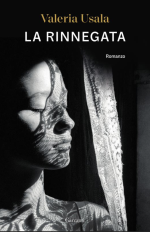
Renegata
Translated from
Italian
to
Romanian
by George Doru Ivan
Written in Italian by Valeria Usala
9 minutes read

Hlas Suliny
Translated from
Dutch
to
Czech
by Klára Němcová
Written in Dutch by Anneleen Van Offel
6 minutes read
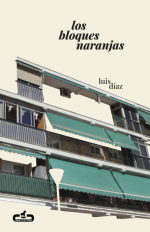
Оранжевите блокове
Translated from
Spanish
to
Bulgarian
by Ivana Peneva
Written in Spanish by Luis Díaz
8 minutes read